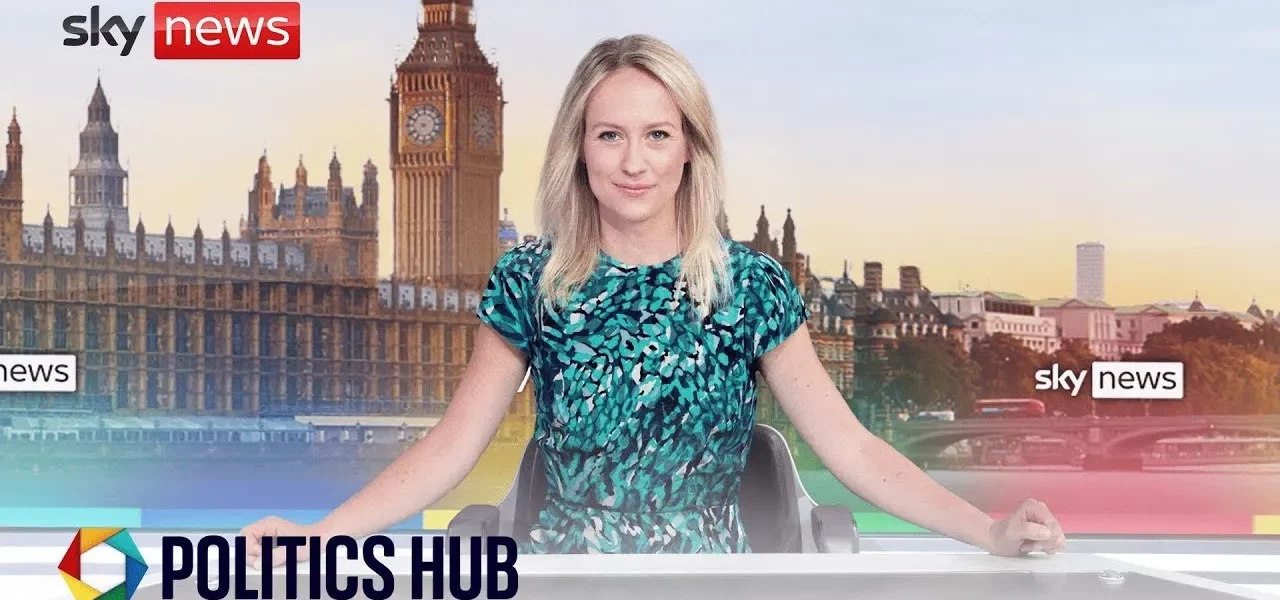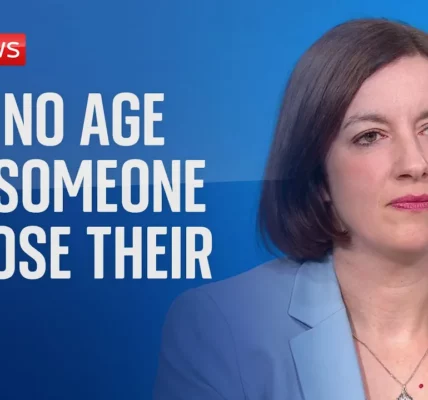Key Political Issues: Assisted Dying and Economic Outlook in the UK

This article delves into the critical political discussions surrounding assisted dying legislation, economic developments in the UK, and the Conservative Party’s leadership dynamics, providing an in-depth analysis of each topic.
Introduction
In recent political discourse, several pressing issues have emerged that warrant thorough examination. Among these, the proposed legislation on assisted dying stands out, as it touches upon ethical, legal, and emotional dimensions of individual rights at the end of life. Concurrently, the UK’s economic landscape is shifting, with inflation rates falling and discussions about potential interest rate cuts gaining traction. Furthermore, the ongoing contest for leadership within the Conservative Party adds another layer of complexity to the political climate. This article will explore these topics in detail, highlighting the implications for the public and policymakers alike.
Assisted Dying Legislation in the UK
The debate surrounding assisted dying has gained momentum, with a crucial vote scheduled in Parliament. This section outlines the key aspects of the proposed legislation and the arguments from both proponents and opponents.
The Proposal
A bill has been introduced to allow terminally ill patients to seek medical assistance in ending their lives. This bill represents a pivotal moment in UK history, as it could fundamentally alter the legal frameworks surrounding end-of-life care.
Arguments For Assisted Dying
- Personal Autonomy: Advocates argue that individuals should have the right to make decisions regarding their own lives and deaths, especially when facing unbearable suffering.
- Safeguards in Place: Proponents emphasize that the legislation includes stringent safeguards, requiring approvals from two medical professionals and a judge.
- Compassionate Care: Supporters believe that assisted dying offers a compassionate alternative to prolonged suffering, allowing individuals to die with dignity.
Arguments Against Assisted Dying
- Slippery Slope Concern: Critics fear that legalizing assisted dying could lead to broader criteria that may include non-terminal cases, ultimately endangering vulnerable populations.
- Impact on Palliative Care: There are concerns that the focus on assisted dying may detract from essential improvements in palliative and hospice care systems.
- Psychological Pressure: Opponents argue that some individuals, especially the elderly and disabled, may feel pressured to choose assisted dying to avoid being a burden to their families.
Personal Experiences
Many MPs have shared personal stories that influence their views on this topic, illustrating the deeply emotional nature of the assisted dying debate. For instance, the experiences of caring for terminally ill loved ones often shape their perspectives significantly.
The Economic Landscape: Inflation and Interest Rates
As the UK grapples with various economic challenges, recent data indicates a decline in inflation rates, leading to discussions about potential interest rate cuts. This section evaluates the implications of these economic changes.
Inflation Trends
Recent reports show that inflation has fallen to its lowest rate in over three years, largely due to decreasing fuel prices. This decline is welcomed by households and the Bank of England alike, as it may signal a shift towards stabilizing the economy.
Potential Interest Rate Cuts
With inflation trends improving, there is a growing expectation that the Bank of England may consider cutting interest rates. This could provide relief for mortgage holders and stimulate spending, boosting the economy.
Challenges Ahead
Despite positive indicators, the UK still faces significant challenges, including a multi-billion-pound shortfall in public finances. The government is tasked with balancing tax hikes and spending cuts to address this deficit while attempting to avoid a return to austerity measures.
The Conservative Party Leadership Contest
The contest for leadership within the Conservative Party is heating up, with candidates vying for the support of party members. This section provides insights into the current dynamics and implications for the party’s future.
Candidate Profiles
- Kemi Badenoch: Known for her conviction and authenticity, Badenoch is seen as a frontrunner, appealing to a segment of the party that values strong leadership and clear communication.
- Robert Jenrick: Another prominent candidate, Jenrick’s approach emphasizes engagement with media and public appearances, positioning him as accessible and responsive to constituents.
Implications for the Party
The outcome of this leadership contest will likely influence the party’s direction, particularly concerning key policies and its stance on pressing national issues. As party members cast their votes, the candidates’ differing approaches to governance will be scrutinized.
Conclusion
The discussions surrounding assisted dying legislation, economic trends, and Conservative leadership are indicative of the complex landscape of UK politics. Each issue carries significant weight, affecting individuals’ lives and the broader societal framework. As the political climate evolves, it is crucial for citizens to stay informed and engaged in these vital conversations. We encourage readers to follow developments closely and participate in discussions that shape the future of their communities and the nation.
For further reading on related political issues, check out our articles on assisted dying legislation, current economic trends, and the Conservative Party leadership contest.
“`




